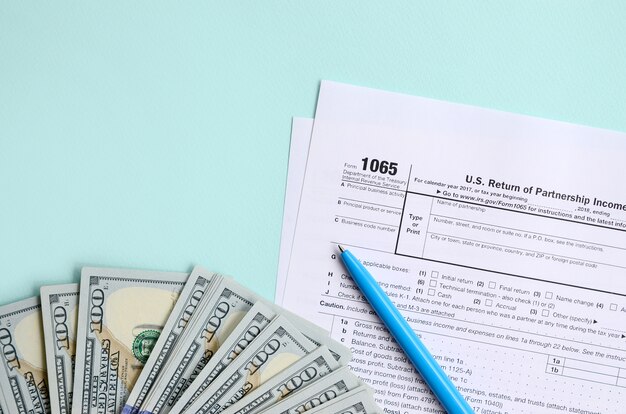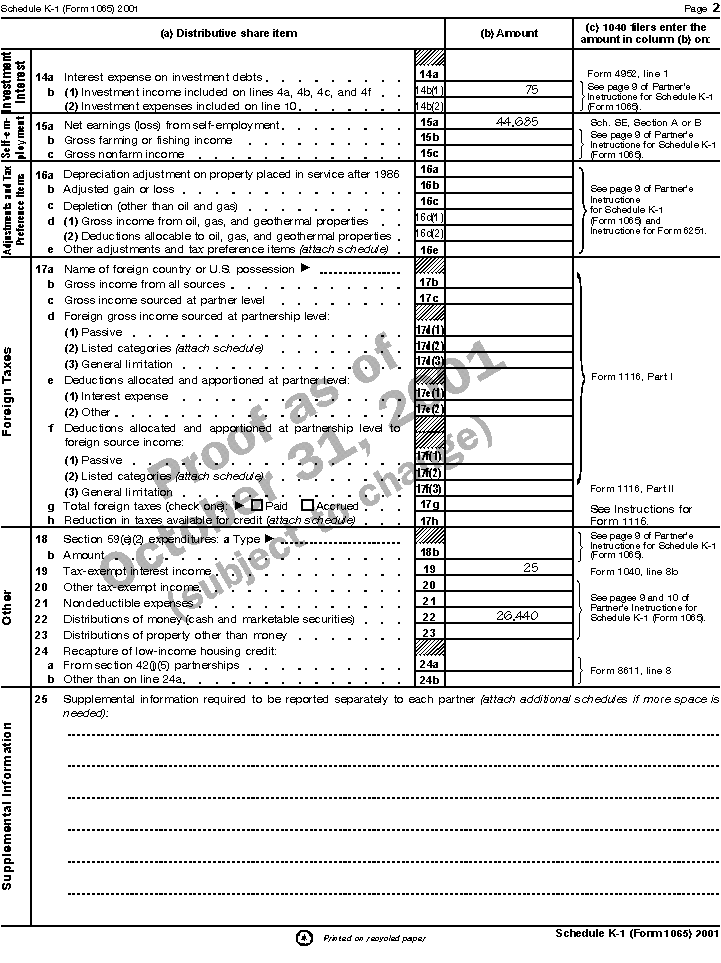


In addition to a Form 1065, all business partnerships or limited partners in the US have to file a completed Schedule K-1 form. You must also pay income tax on your earnings no matter where you earned that money or where it was distributed. No matter what your general partner or limited partnership does, you must file a Form 1065 if you legally operate in the US. With this form, and in conjunction with other tax forms, the IRS can create a complete picture of your business’s financial activities and determine whether it owes you money or if you owe the IRS extra taxes. What Does Form 1065 Do?įorm 1065 is vital, so the IRS understands how your company’s financial status progresses until the end of the tax year. In other words, it’s one of the most important net income forms that a business partnership must file at the end of their fiscal year in order to adhere to tax regulations.

This form is used to declare the net gains and losses and the deductions and tax credits of an existing general partnership. In a nutshell, Form 1065, also formally called US Return of Partnership Income, is a specialized tax document only issued by the Internal Revenue Service.
WHAT IS THE 1065 TAX FORM HOW TO
Not to worry – this page will break down exactly what Form 1065 is, who it applies to, and even how to file it at the end of your fiscal end of the year. New business owners starting out or who haven’t gone through a complete tax year with their business yet may not know what this form is, what it does, or whether it applies to their business enterprise. Īmong the most important of these is the 1065 Form. Partnerships – limited liability partnerships, limited partnerships, general partnerships – have their own designated forms they must file in conjunction with their broader initial return and final return. How Do Business Credit Cards Work? Read moreįiling taxes is a major headache for many business owners, even though it’s a necessary part of the financial cycle every year. How Does a Hard Pull Affect Your Credit Score? Read more Secured vs Unsecured Loan: What's the Difference? Read more What Can I Use My Economic Injury Disaster Loan For? Read more How a Revolving Line of Credit Works Read more


 0 kommentar(er)
0 kommentar(er)
